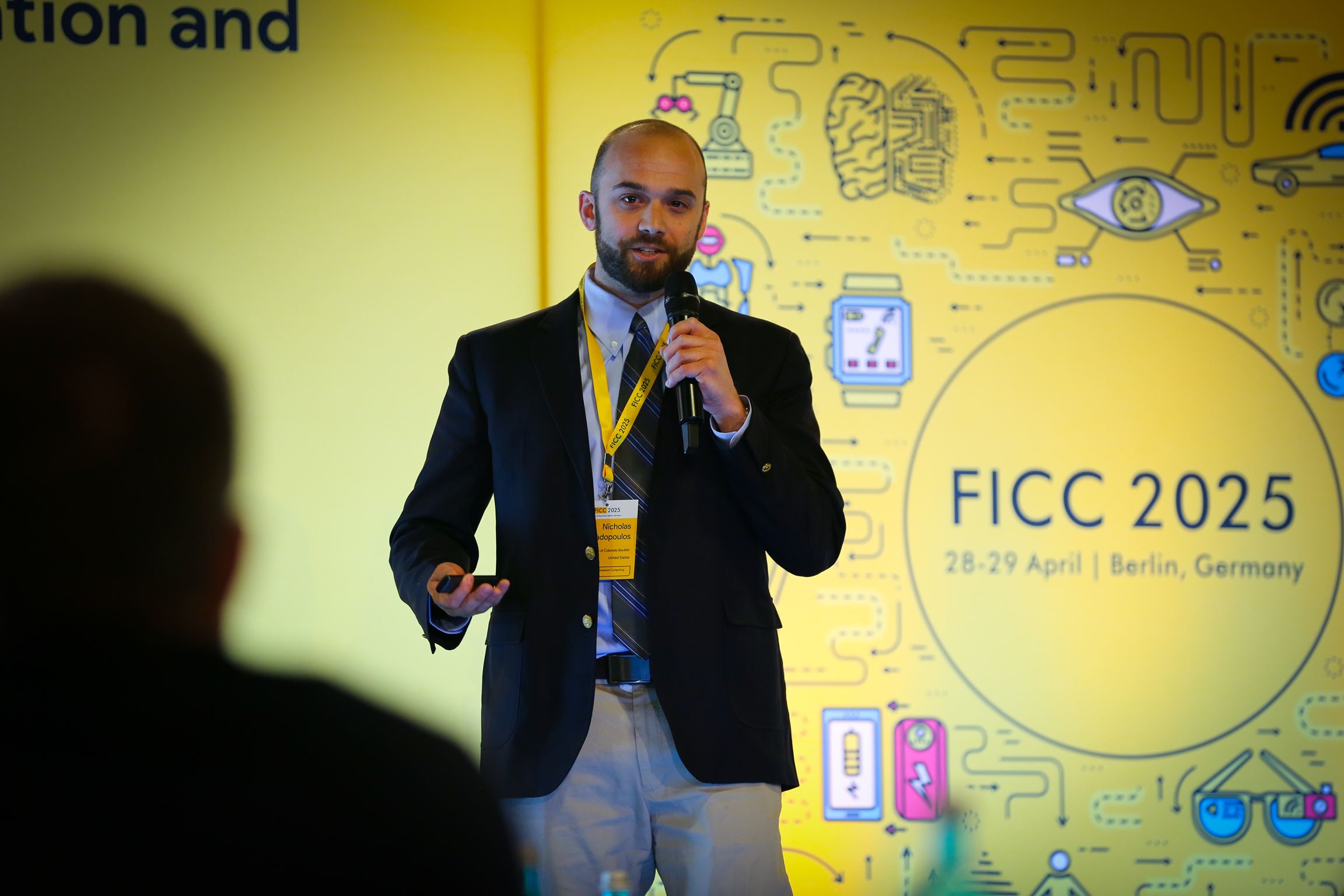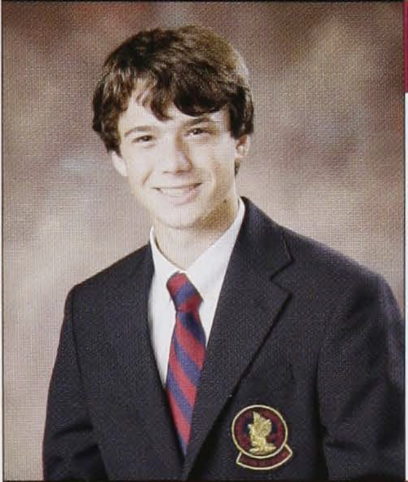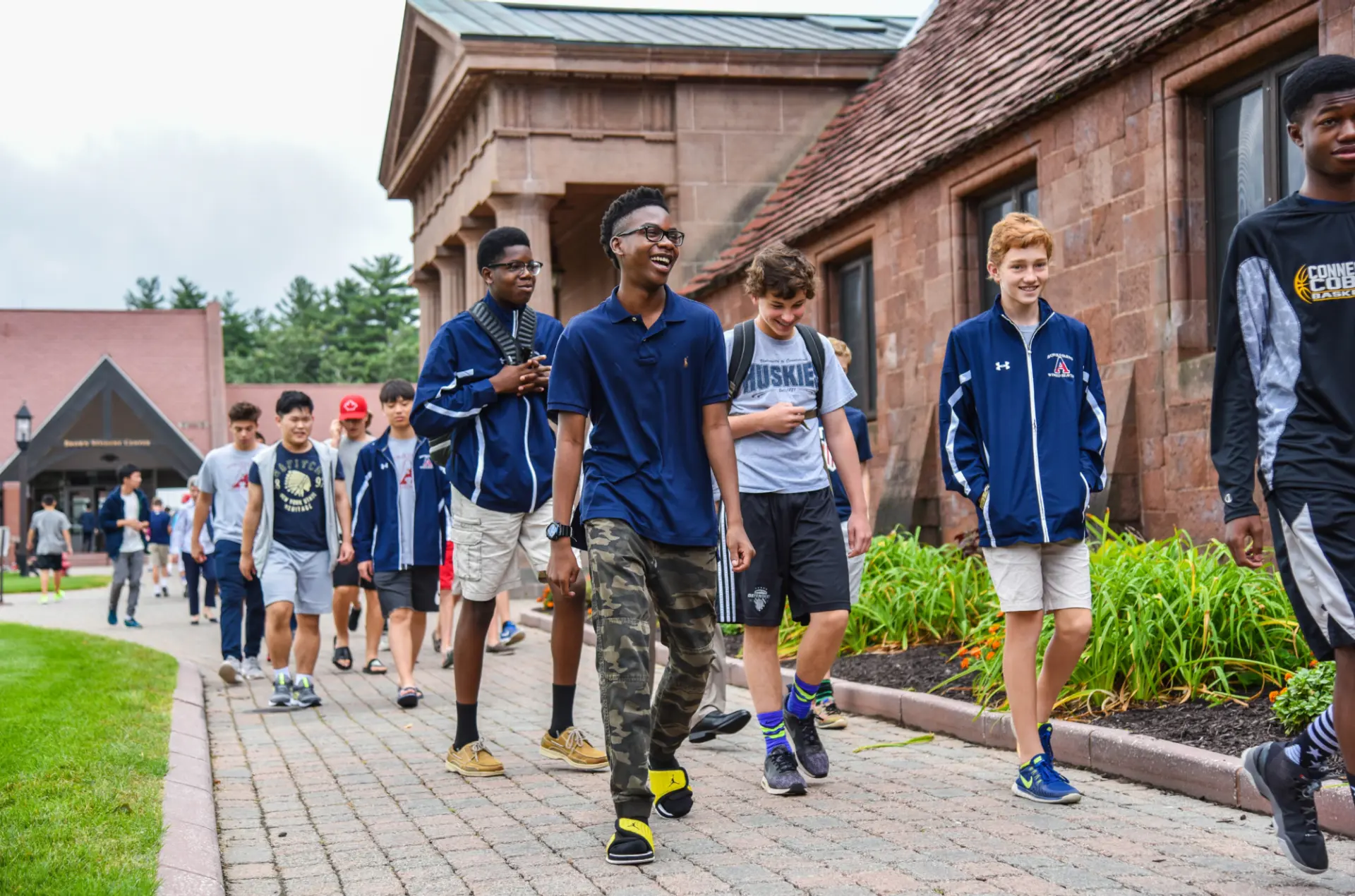DEC 12 2025
FEATURED ALUMNUS: TIM WRIGHT ’94

Quantum computing, complex algorithms, lines and lines of code—for most people, these concepts range from intimidating to downright confusing. For alumnus Nicholas Papadopoulos ’12, they are interesting components of an exciting new field with a wealth of emerging possibilities. Driven by his interest in this industry, Nick is currently pursuing a Ph.D with a focus on developing novel quantum computing algorithms.
Nick’s origins are certainly less complicated, and much more familiar for his fellow Avonians. Originally born in Florida, Nick and his family moved to Avon when he was six years old. When it was time for his older brother, Demetrios ’10, to decide where he would attend high school, the family’s story at Avon Old Farms School began. “It seemed like a great place to be. My brother liked it a lot, so when it came time for me to attend it wasn’t even a choice,” Nick shares. His younger brother, Alexander ’15, would go on to continue the family legacy at Avon.
Having an older brother attend the school meant there was less of an adjustment period for Nick when he arrived in the fall of 2009. “It felt right pretty much immediately. I had an easy time assimilating.” During his time at Avon, he tried his hand at several sports, with his primary athletics commitment being wrestling. He was also a member of the Riddlers and Singed Beavers, the school’s top two choir groups, and also served as a peer tutor. He admits most of his favorite memories came during periods of downtime, when he and other day students would just hang out together until their next commitment. “The other day students were always a good time.”

Following graduation from Avon, Nick spent a brief period teaching hang-gliding in North Carolina before enrolling at Boston University to study computer science. “I was always interested in computers. Since middle school, maybe even younger, I would just play with different software or learn new computer tricks for fun.”
After completing his undergraduate work, he remained in the Boston area and began working as a software engineer, specializing in the fields of bioinformatics, high security transportation, and quantum computing/networking—the latter of which really interested him. “I was totally happy with software engineering, but then I got fascinated with quantum computing. I wanted to keep studying it, so I decided to go back to school.” During the school application process, Nick was hired by a quantum computing startup, where he worked until he began his Ph.D program at the University of Colorado Boulder. This gave him valuable exposure to what his future might hold. “It’s just kind of mind blowing in general. It turns out people are really clever about this technology, and are already utilizing it to solve problems that couldn’t be solved before.”
Quantum computing combines quantum mechanical principles with computer science and engineering. Essentially, it expands on what is possible with classical computing. One of the essential differences is that classical computing uses “bits” to make up digital data. These bits are the smallest unit of digital information and are represented as either a “0” or a “1.” Quantum computing, however, utilizes “qubits,” which can be a “0,” a “1,” or be a 0 and 1 simultaneously. This concept is referred to as “superposition.” The other essential function that separates quantum computing from classical computing is known as “entanglement.” Through entanglement, qubits become linked, allowing them to instantaneously influence each other, regardless of distance. These two factors mean quantum computers can solve much more complex problems at a much faster rate, while exploring substantially more potential solutions.
This technology has the potential to impact many industries globally. Cryptography, cyber security, and financial institutions are already utilizing it. For example, one of the projects Nick worked on recently is a protocol that improves encrypted messaging security. Using this protocol, parties could send secure messages back and forth without the possibility of a hacker or other unwanted third party intercepting or changing the message. Even in the realm of chemistry, quantum computers have the ability to simulate chemical reactions that might be infeasible to simulate classically or study physically.
For Nick, the real-world applications are the bonus that comes with learning about this technology, saying that it is still too early to tell where it will take us. “I went back to school purely to know more about it. Of course, I imagine it might open up future jobs, but I don’t know if those jobs exist yet.”
Nick has time to wait as he keeps plenty busy while he finishes up his Ph.D program. He currently works as a research assistant in the computer science department at CU Boulder, with a particular interest in developing novel quantum algorithms. He also recently won the Best Overall Paper Award at the annual Future of Information and Communication Conference (FICC) held in Berlin this past summer.
While Avon’s computer science and engineering offerings have increased substantially since Nick’s time here, he says his four years at Avon definitely played a role in his career. “I’m still using things I learned in math classes and even from science classes like chemistry. The information learned at the high school level is very useful to have as a foundation.” He says the structure and standards at Avon have also played a role. “In terms of discipline, I took a lot from the AOF lifestyle. I remember the importance they placed on finishing your commitments.”
The average Avonian likely has a few follow up questions for Nick about his industry. His family still lives in Avon, but if you don’t catch him on his next visit home, you can watch this interview from the 2025 FICC to learn more about his latest efforts.
More News
|
|
-
Featured Alumni: Wes ’03 and Wyatt ’06 Couture
From sharing a childhood bedroom to co-owning multiple businesses together, hear the story of Wes ’03 and Wyatt ’06 Couture and the role that their time at Avon played.
-
AIP Highlight: Welding
Jethro Schwartz '26 took advantage of the Advanced Independent Project program to try his hand at welding. He believes more students should give it a try. Read more about his experience.
-
Mentorship Program Highlight: Taylor Hahn ’13 and Deron Koppel ’24
Growth, support, and meaningful connection. Hear from two more alumni about their experience being part of the AOF Alumni Network Mentorship Program.





